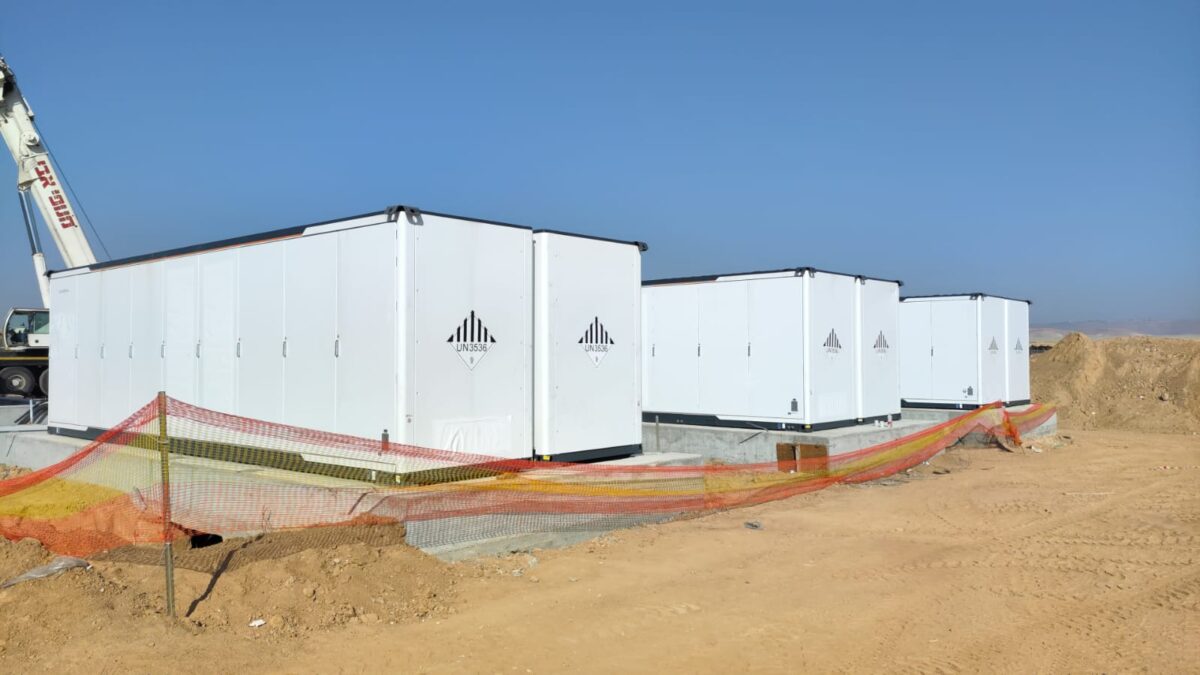The UK government’s Department for Energy Security and Net Zero (DESNZ) is calling. for stakeholder feedback into the development of an LDES system “cap and floor mechanism.”
LDES systems are loosely defined, according to this Journal of Energy Storage paper, but are batteries capable of storing hours to months’ worth of energy.
A “cap and floor” scheme, according to the UK's natural gas and electricity government regulator Ofgem, is the regulated route for electricity interconnector development.
“It is a market-based approach which aims to incentivize developers to deliver interconnector capacity by limiting developers’ exposure to electricity market price risk,” the regulator said online.
DESNZ said it will use the consultation feedback to develop a policy framework enabling LDES investment. Eligibility criteria for assessing applications, the design of the cap and floor mechanism and proposed options for delivering the scheme will be explored.
Not-for-profit REA said it has “warmly welcomed” the consultation, saying it “sets [the] Government’s intention” to overcome LDES investment barriers. It is also a “major win” for REA, with the organization claiming it has been calling for the cap and floor mechanism for over two years.
REA Director of Policy Frank Gordon said developing these energy storage systems will make the Net Zero energy system transition “as smooth and cost-effective” as possible. “It is something we and others have been calling for over a number of years,” he said.
In 2021 REA outlined in a report the current LDES merchant model was a “significant barrier” to the development of large-scale, longer-duration energy storage projects. The organization urged the UK government through Ofgem to “establish a future-proof income stabilization mechanism to de-risk investment in longer-duration energy storage.”
Consultation closes on March 5, 2024.
The news comes as the UK government recently revealed the five major barriers preventing owners of heritage-listed homes and buildings from retrofitting their homes with energy-efficient technologies.
This content is protected by copyright and may not be reused. If you want to cooperate with us and would like to reuse some of our content, please contact: editors@pv-magazine.com.



This sounds crazy to me – they store “hours to months” of energy.
There are ~720 hours in a month, so this spans 3 orders of magnitude.
Pure waffle and arts graduate thinking.